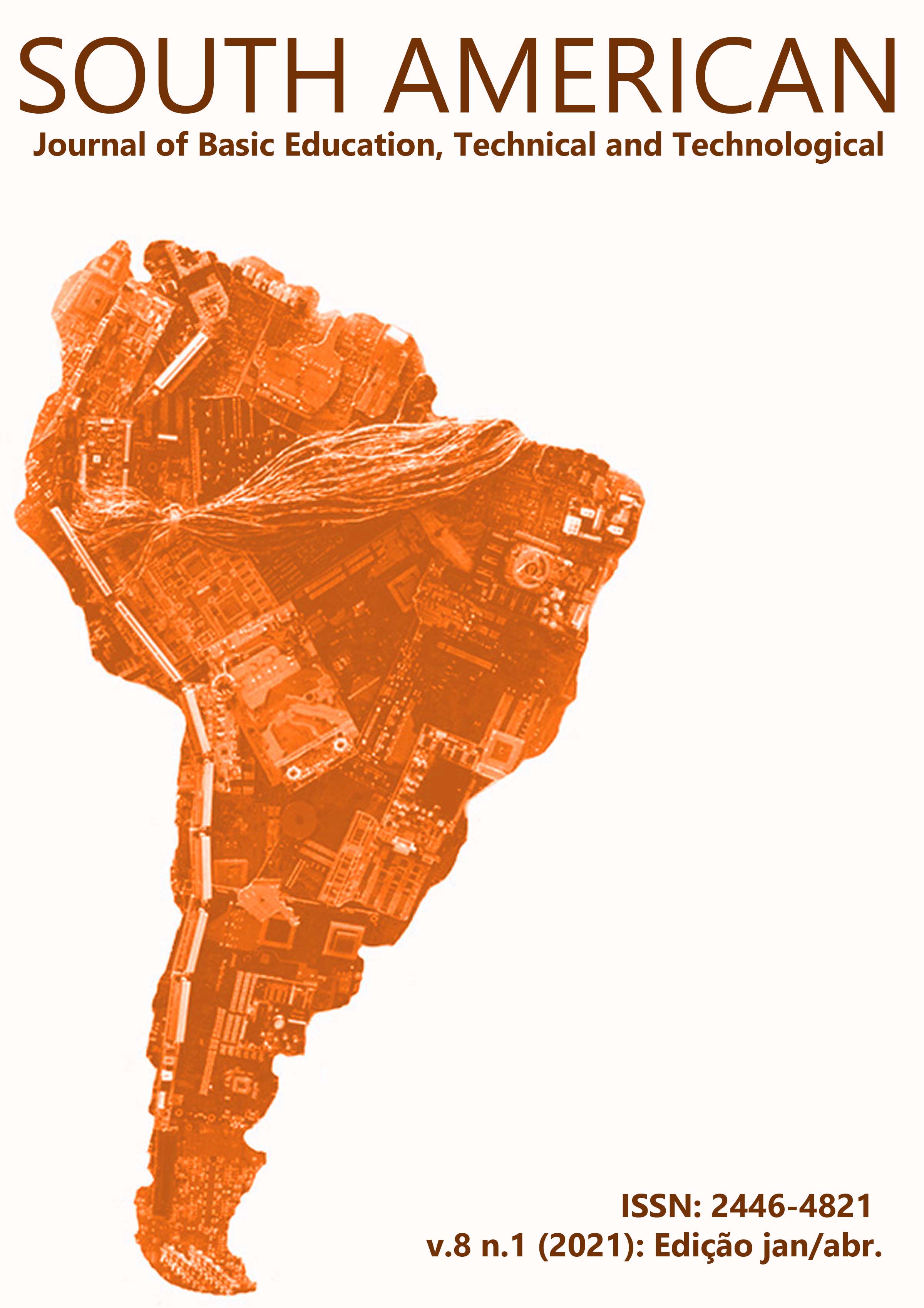SOCIAL NETWORKS AND COVID-19 PANDEMIC: ANALYSIS OF PUBLICATIONS IN OPEN NETWORKS
Abstract
Abstract: This paper aims to present elements that point to the anti-enlightenment and regressive climate that has guided the behavior of a significant part of the Brazilian population during the COVID-19 pandemic. It is assumed that the mass media, especially social networks, play an excessively important role in the dissemination of such ideas. Preliminary results of this investigation point to the following elements: 1. The publications express a tendency not only in order to underestimate the role of scientific knowledge in facing the COVID 19 pandemic, but also with a certain hostility to that knowledge; 2. The ticket-thinking was identified as the primary form of the analyzed publications; 3. There is an important standardization of the content of the messages. The theoretical and methodological framework is the Critical Theory of Society.
Keywords: Social Networks. COVID-19 Pandemic. Social Psychology. Critical Theory of Society.
Downloads
References
[1] Sodré, M. Antropológica do espelho: uma teoria da comunicação linear e em rede (5a ed.). Petrópolis, RJ: Vozes, 2010.
[2] Gómez, L. M; García Torres, C. Twitter. Revista Colombiana de Anestesiología, 38(4), 539-540, 2010.
[3] Kosinski, M.; Matz, S. C.; Gosling, S. D.; Popov, V.; Stillwell, D. Facebook as a research tool for the social sciences: opportunities, challenges, ethical considerations, and practical guidelines. American Psychologist, 70(6), p. 543-556, 2015.
[4] Adorno, T. W. Epistemología y ciencias sociales. Madrid: Ediciones Cátedra, 2001.
[5] Adorno, T. W.; Frenkel-Brunswik, E.; Levinson, D. J.; Sandford, R. N. The authoritarian personality. New York, NY: WW Norton, 1969.
[6] Cohn, G. Esclarecimento e ofuscação. Lua Nova, n.43, p.5-24, 1998.
[7] Adorno, T. W; Horkheimer, M. Dialética do Esclarecimento. Rio de Janeiro: Zahar, 1985.










